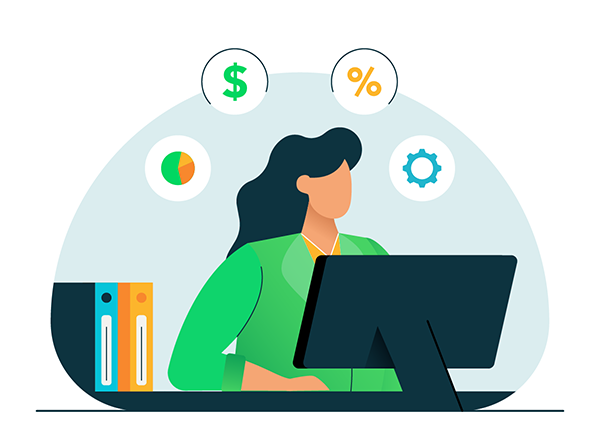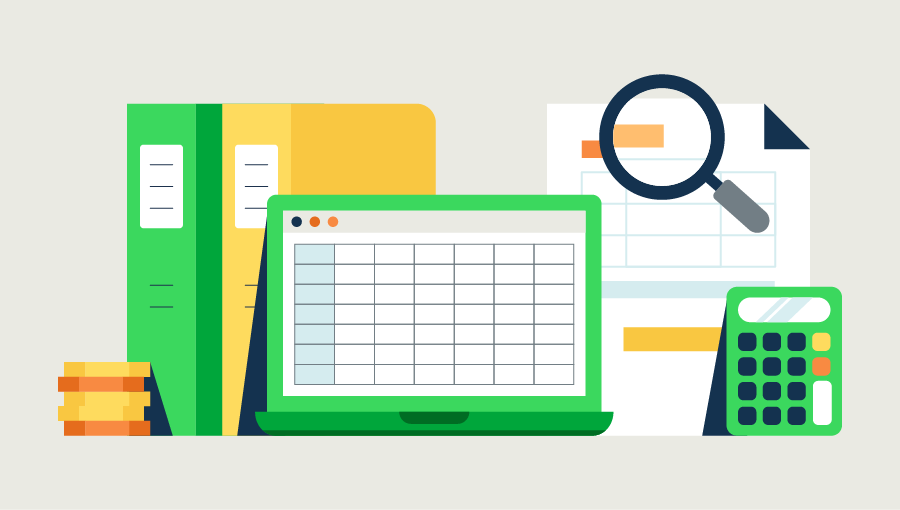2. Choose a mortgage over renting
Many small business owners have to decide whether to rent or buy their operational space. While renting offers flexibility, it can be an ongoing expense with no long-term return on investment. The money you spend on rent disappears each month, providing no accumulating equity or ownership stake.
Opting for a commercial mortgage can transform a recurring payment into an asset-building strategy. A portion of each mortgage payment contributes to the principal, gradually increasing the business's ownership in the property. This builds equity, which can be a valuable asset to sell or leverage.
Owning your business property provides a stable base for operations and contributes to the business's overall net worth.
3. Get frugal with recurring expenses when possible
Always shop for the better phone deal, watch out for high travel and entertainment costs, and track office supply usage. This way, you’re increasing your profits and can pay yourself more or reinvest back in the business.
But don’t spend too much time on this; entrepreneurs who spend more time increasing revenue are more successful than those who focus too much on cutting costs.
4. Slow down your replacement of large assets that depreciate quickly
A common financial trap for many small business owners is frequently replacing large assets that rapidly lose value. Cars, in particular, come with a high cost and a rapid depreciation rate, and are often one of the first assets a business owner purchases.
You might be tempted by the allure of a new, high-end work vehicle every couple of years—it's a common scenario.
But what if you postponed upgrading to the "latest and greatest" luxury car? This could free up tens of thousands of dollars over several years. If your current reliable vehicle, even a few years old, can still serve you well, you can instead direct those saved funds toward more strategic investments that build long-term business wealth.

















